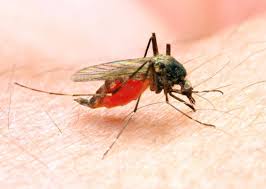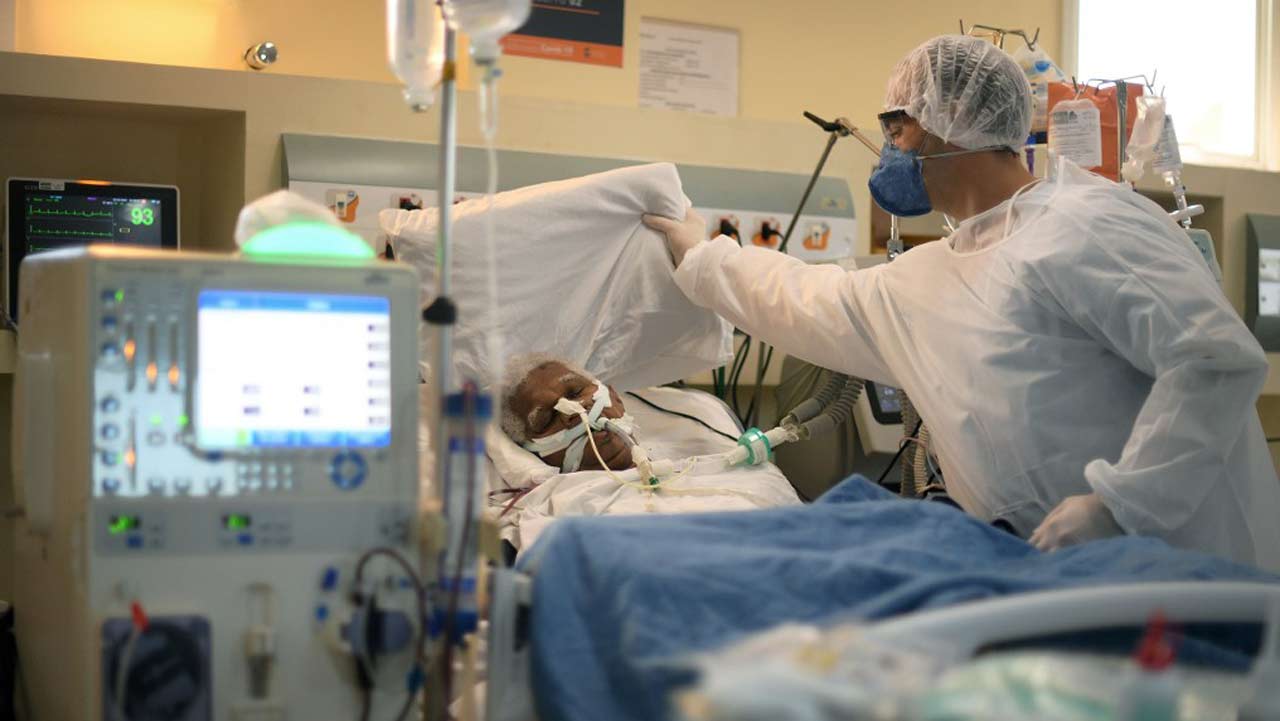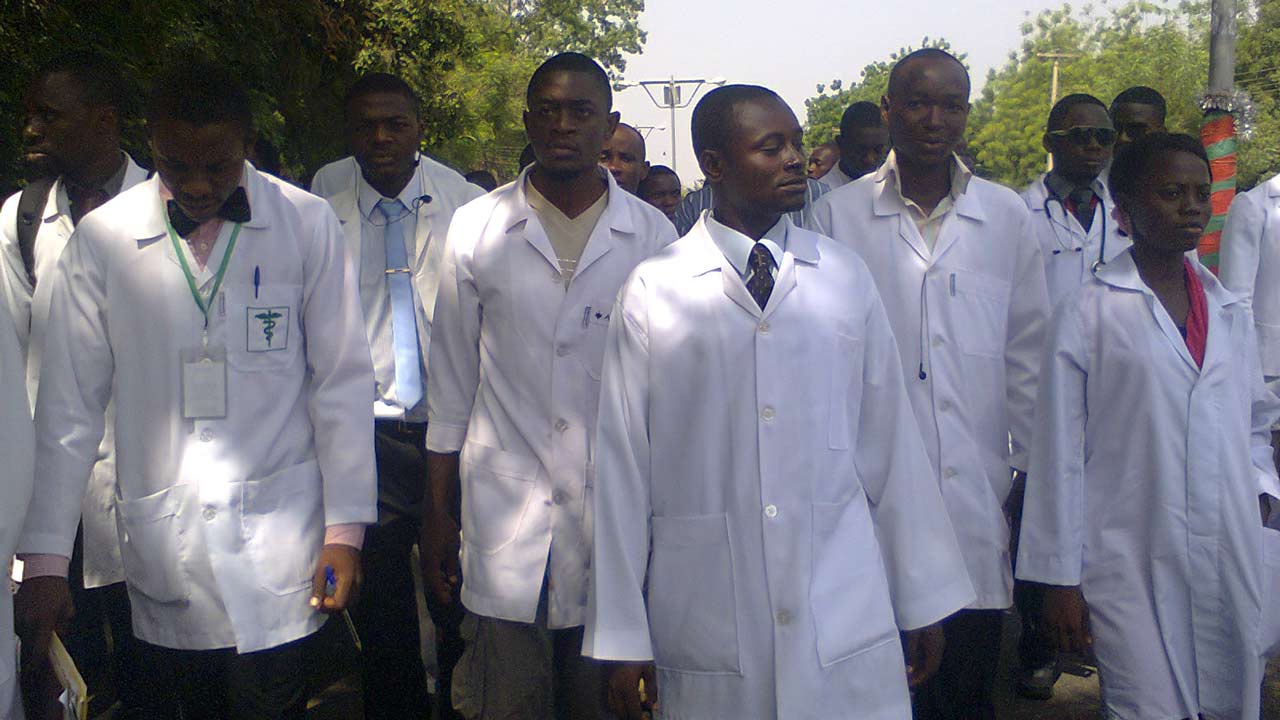The Permanent Secretary, Federal Ministry of Education, Dr. MacJohn Nwaobiala, has said that the formal introduction of Applied Gerontology and Geriatric Medicine as courses of study in Nigerian universities was crucial to the development of health care and social support systems that addressed the needs of older persons in the country.
The Permanent Secretary said this at the unveiling of the Post Graduate Benchmark Statement and Minimum Academic Standards (PGBMAS) document, developed for the programmes at a Two-day Stakeholders Consultative Workshop, organised by the National Universities Commission (NUC), on capacity building for M.Sc. Geriatric Medicine in selected universities, with the theme, Strengthening the Nigerian Physician’s Capacity to Serve Older Persons, on Wednesday, I July, 2015. Dr. Nwaobiala stated that older persons were bona fide members of the human race and citizens of Nigeria entitled to general protection available to all and that they deserved special intervention in response to their unique and peculiar needs and vulnerability.
Dr. Nwaobiala noted that the shift towards increased population of older persons was a global phenomenon, resulting from a decline in fertility rates, combined with reduction in mortality and increased longevity. He stated that in 2012, there were 810 million people aged 60 years and above, which accounted for 11% of total world population, adding that it was projected that by 2015 the size would reach 2 billion, which approximating to 22%, with the growth rate expected to be more in developing countries, including Nigeria. The country itself, based on demographic trends, would see an appreciable increase in the number of older persons from the present 8.4 million to about 29 million, by 2050.
The Permanent Secretary commended the NUC Executive Secretary, Professor Julius A. Okojie, OON, and his Management for their pioneering and responsive strides in setting the framework for human resources development, which was necessary to meeting the increasing challenges of the older population. He affirmed that the Commission’s initiative of training personnel that rendered service delivery to older persons was not only setting national priorities in the field of Ageing, but also a reiteration of Federal Government’s Social Development Goals, which were Right-based and for people of all ages.
While acknowledging the role of the stakeholders in mainstreaming the programme that addressed the needs of increasing number of older persons, Dr. Nwaobiala expressed optimism that the outcome of the deliberations would, particularly, set the agenda for the actualisation of the objectives as well as learning outcomes and structure of the graduate programme in Geriatrics.
 Earlier in his address, Professor Okojie remarked that the idea of Ageing was beyond the medical needs of the aged and that it included sociological aspects such as what the aged did with their time, career prospects after retirement, among others. These issues, he said, needed a comprehensive approach, explaining the need for an inter-disciplinary approach to the handling of the affairs of the ageing population. He said that their conditions needed to be addressed holistically, urging those in the medical profession to understand that their area of specialisation in Geriatric Medicine remained exclusive to them.
Earlier in his address, Professor Okojie remarked that the idea of Ageing was beyond the medical needs of the aged and that it included sociological aspects such as what the aged did with their time, career prospects after retirement, among others. These issues, he said, needed a comprehensive approach, explaining the need for an inter-disciplinary approach to the handling of the affairs of the ageing population. He said that their conditions needed to be addressed holistically, urging those in the medical profession to understand that their area of specialisation in Geriatric Medicine remained exclusive to them. The NUC Scribe disclosed that the journey started in 2011 and 2012, when the NUC collaborated with the Dave Omokaro Foundation (DOF) to mainstream Ageing Studies into development issues which led stakeholders to the articulation of a two-pronged approach to developing Ageing Studies. According to the Executive Secretary, the first phase involved the development of the BMAS in Applied Gerontology to train academic staff across 11 selected Nigerian universities, with sufficient exposure to best practices and models of care in countries with advanced educational curricular and the training modules for expected collaborating Departments to ensure interdisciplinary focus of the programme and context in Basic Applied Gerontology. The second phase, he added, was to develop PGBMAS document in Applied Gerontology for M.Sc Geriatric Medicine and to train present Residents in Internal and Family Medicines interested in sub-specialising in Geriatric Medicine.
Professor Okojie expressed delight that the document was being unveiled and that it marked a milestone in the Commission’s effort to strengthen Nigeria’s capacity to effectively tackle the challenges and opportunities of Population Ageing. He acknowledged the 22 academic staff from the universities that had obtained the Specialist in Ageing Certificates in Applied Gerontology from the University of North Texas, sponsored by the NUC, other stakeholders as well as the World Health Organisation (WHO) Representative in Nigeria, who was the keynote speaker. He expressed the hope that the outcome of the meeting would provide the modalities for a high quality Post-Graduate Medical Education in relation to older persons and medical knowledge, through Research on Ageing, and Age-related diseases.
In a welcome remark, the NUC Deputy Executive Secretary II and Coordinator of the Project, Mallam Ibrahim Dan’Iya, said that the stakeholders were invited to ensure that the right tone was set for the study of Applied Gerontology and Geriatric Medicine in Nigerian universities. He listed the objectives of the Stakeholders Meeting on Capacity Building for M.Sc in Geriatric Medicine in Selected Universities to include, Deliberating on the structure, organisation and duration of proposed M.Sc programme in Geriatric Medicine and its functional inter-loop with Applied Gerontology and other related disciplines; identifying the skill gaps in the delivery of health care services to older persons, at all levels of health care and identifying the gaps in Geriatric Medicine in the training of Nigerian Physicians, among others.
NUC Scholar on Ageing Studies Development and Executive Director, DOF, Dr. Emem Omokaro, in her speech, stated that Population Ageing was both a challenge as well as a source of opportunities, with the challenge resting on formulating positive perception of Ageing and development of institutions/persons for the service of older persons. The opportunities, she stressed, rested on the shift of Ageing and issues of older persons from traditional and welfare perspective to an industry perspective, where geriatric products and care services and Ageing administration present business development opportunities as emerging market. She said that the last four years had witnessed major milestones accomplished in building Nigerians’ capacity at tackling the challenges of Ageing, including the development of modules for Senior Citizens Care Centres, within the context of socio-cultural environment, which could serve as practicum sites for students, among others.
In a keynote speech on the main theme, WHO Representative, Dr. Rui Gama Vaz, disclosed that effective community level care was crucial for older persons, saying that health burdens of older persons came from non-communicable diseases, especially among those in the poor rural countries and communities.
Goodwill Messages were delivered by Representatives of the Federal Ministry of Health, National Primary Health Care Development Agency, National Post-Graduate Medical College, West African College of Physicians as well as the Medical and Dental Council of Nigeria.
ABUJA: Training Schedule for Basic Life Support BLS, Pediatric Advanced Life Support (PALS), Advanced Cardiovascular Life Support ACLS, First Aid, CPR, AED
PORTHARCOURT: Training Schedule for Basic Life Support BLS, Pediatric Advanced Life Support (PALS), Advanced Cardiovascular Life Support ACLS, First Aid, CPR, AED
LAGOS: Training Schedule for Basic Life Support BLS, Pediatric Advanced Life Support (PALS), Advanced Cardiovascular Life Support ACLS, First Aid, CPR, AED





